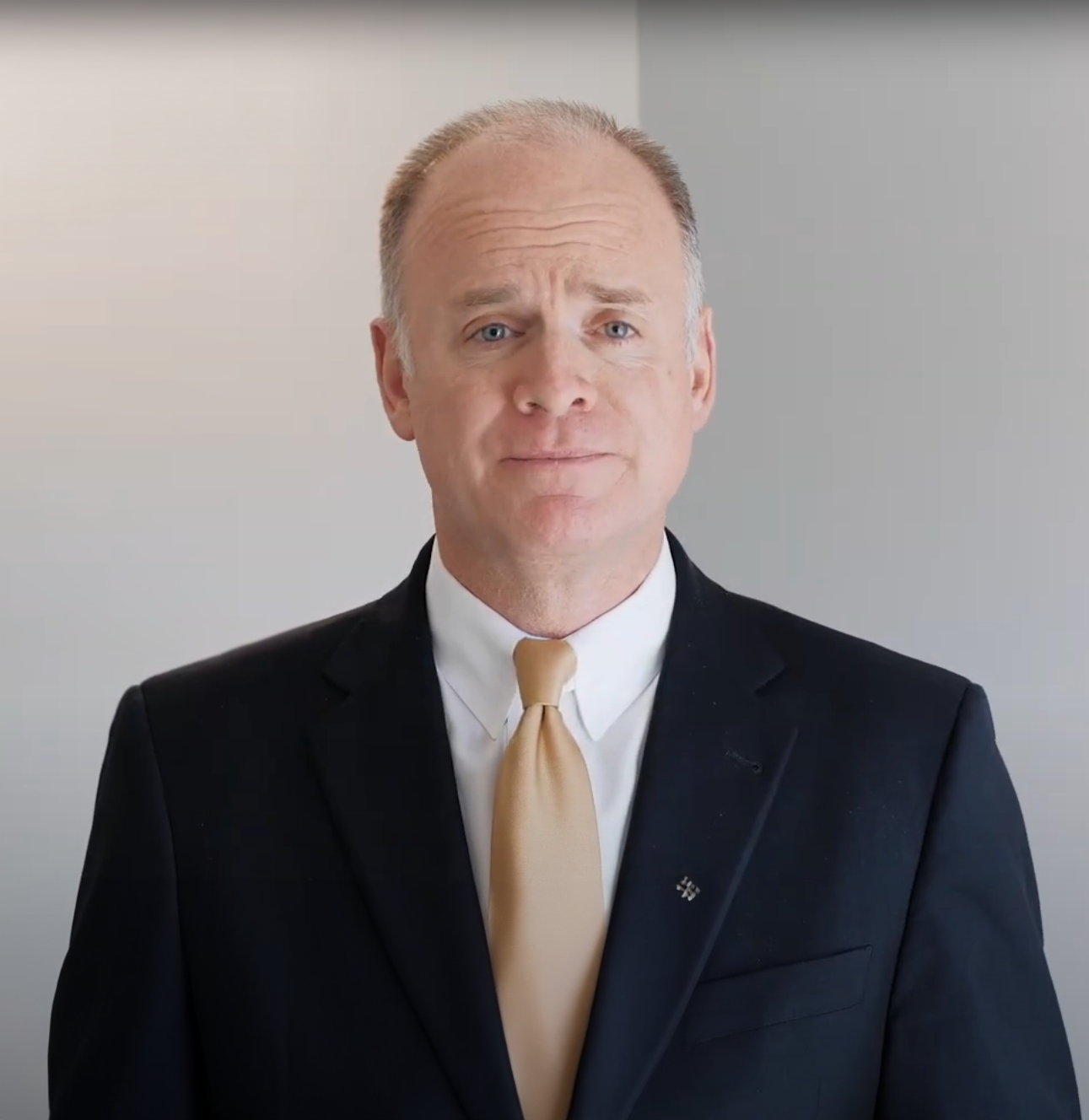Death, sickness, disability, and other happen. They just do. Often times, situations such as these appear suddenly. An unforeseen diagnosis, or a disability caused by an accident, or death, can be devastating to otherwise solid financial plans. Sudden and unforeseen are two words that you never want associated with long term financial plans. Therefore, the management of risk must be proactive. It can’t be reactive.
I help clients with situations like these is by encouraging them to insure their lives, health, and income long before a catastrophe occurs. Should a tragedy strike, I’m there to help with prioritizing action items. Some things must be done quickly, and most others can wait until dust settles. While the client, or the survivors are dealing with the emotional distress of the event, I’m there to shoulder the burden of discharging critical financial responsibilities.
Having said that, not all financially disruptive events can be addressed proactively. Obviously, no one plans on being divorced one day, and yes, such can be very life changing and financially disruptive. How I work with clients at such times depends on the client and other familial circumstances. If this is a second or third marriage, then often pre-nuptial agreements are drafted to provide guidelines for asset division in such cases. Trusts can be used to ensure that children of a new spouse don’t inherit the estate of a former spouse. Otherwise, I’m working with either or both of the clients to restructure income plans, investment plans, and advise in other ways pertaining to getting their lives back on track. Depending on the client’s proximity to retirement, and future marital status, there may be other factors related to Social Security of which to be mindful as well as we’re putting financial pieces back together again.
The greatest disruption that I’m seeing today though is the role reversal of parent and child. This is a very common situation, and it’s never easy. Its difficult to watch a parent gradually decline, and lose cognitive or physical abilities, or suffer with dementia, or Alzheimer’s. On many occasions, I find myself working alongside other legal and CPA professionals as we advise a client on matters pertaining to Medicaid, structuring qualified income trusts, sequencing beneficiary designations, and taking other steps to minimize exposure to different types of risk, while maximizing durable income for the provision of their needs. Furthermore, I help clients, and their adult children to identify fraud tactics in an effort to minimize exposure to financial elder abuse. Sometimes, it might make sense to jointly own assets and in other cases, such ownership might inadvertently introduce new levels of risk that might undermine what we’re trying to accomplish. Each situation is unique, and is best discharged by a team of advisors with a distinctive competency in this area.
In certain situations, it’s hard to find North with a compass. That’s where I come in. Frankly, I’ve always been there, but at times like these, a client needs the assurance of knowing that a fiduciary is there looking out for them, to advise and direct on decisions that need to be made now, and on those that can wait for a more appropriate time. Involving adult children or other close family members helps, because it brings other sets of eyes into the situation at a time when clarity is critical. Life changes. Upheaval happens. Plans must adapt and change, and in some cases, held together with triage. That’s my job, and privilege.







